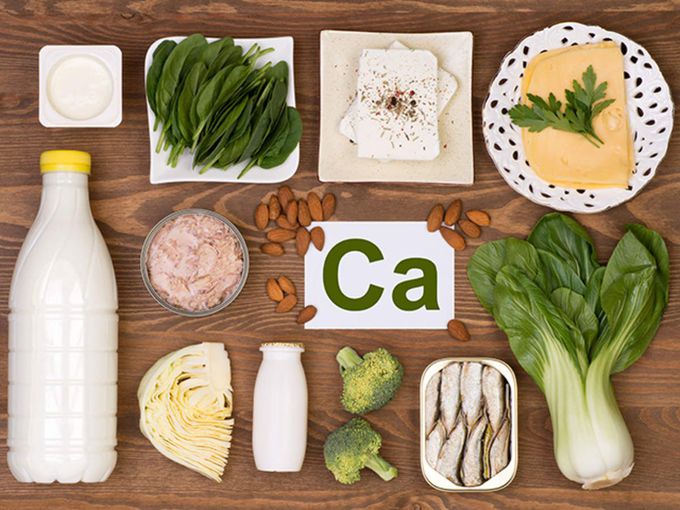

Nurse.ali fadel abassover 4 years ago

Calcium is a mineral that is an essential part of bones and teeth. The heart, nerves, and blood-clotting systems also need calcium to work. Calcium-rich foods include milk and dairy products, kale and broccoli, as well as the calcium-enriched citrus juices, mineral water, canned fish with bones, and soy products processed with calcium. Calcium is also taken as a supplement. Calcium is commonly taken by mouth for the treatment and prevention of low calcium levels. It is also used for conditions linked with low calcium levels including muscle cramps, weak and brittle bones (osteoporosis), softening of bones in children, often due to vitamin D deficiency (rickets), and softening of the bones (osteomalacia). Calcium is sometimes taken by mouth to reduce high levels of the parathyroid hormone in people with an overactive parathyroid (hyperparathyroidism) and for symptoms of premenstrual syndrome (PMS), along with many other conditions. Calcium carbonate is taken by mouth as an antacid for indigestion (dyspepsia). Calcium carbonate and calcium acetate are also taken by mouth to reduce phosphate levels in people with kidney failure.
Other commentsSign in to post comments. You don't have an account? Sign up now!

